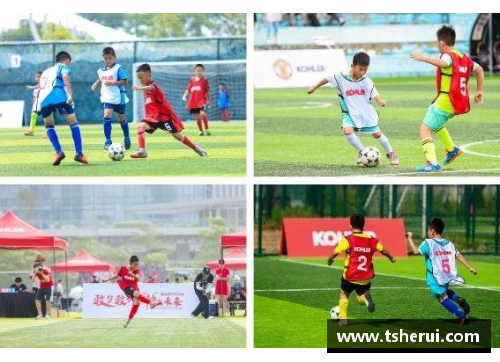Certainly! Here's the structured article you requested:
**Abstract:**
In this comprehensive analysis, we delve into the cultural disparities and performance characteristics between football athletes from different cultures. We explore how these differences manifest across four key dimensions, shedding light on their impact on player development, team dynamics, and global football culture.

---
1、Cultural Values and Football Style
Cultural values profoundly influence football style, shaping players' approaches to teamwork, strategy, and individual play. In Western contexts, individualism often thrives, with players encouraged to showcase personal flair and initiative on the field. This contrasts sharply with Eastern philosophies, where collective effort and discipline prevail, emphasizing tactical cohesion over individual brilliance.
Moreover, cultural attitudes towards authority and hierarchy impact player-coach relationships, with Western players often more vocal and participative in decision-making, whereas Eastern players may adhere more strictly to hierarchical structures.
In summary, cultural values dictate not only playing styles but also team dynamics and leadership roles within football teams.
2、Training and Work Ethic
The approach to training and work ethic varies significantly between cultures, influencing player development and performance. Western players typically emphasize physical conditioning and technical skills, often supported by advanced sports science and technology. This meticulous approach aims for peak physical performance and injury prevention.
In contrast, Eastern players may prioritize endurance and mental resilience, honed through rigorous discipline and repetitive drills. Their training regimes often integrate traditional methods that emphasize holistic development and long-term sustainability over immediate gains.
Ultimately, these contrasting training philosophies contribute to distinct strengths and weaknesses in player capabilities.
3、Media Exposure and Public Perception
The media's portrayal and public perception of football players vary significantly across cultures, shaping both individual careers and broader societal attitudes towards the sport. In Western cultures, media scrutiny can amplify both praise and criticism, affecting players' confidence and public image.
Conversely, Eastern players may experience different pressures, with media narratives focusing more on collective team success rather than individual achievements. Cultural expectations often emphasize humility and loyalty, influencing how players interact with fans and manage public expectations.
Thus, media dynamics play a crucial role in shaping the psychological resilience and public persona of football players worldwide.
4、Globalization and Adaptation
The impact of globalization on football has facilitated greater cultural exchange and adaptation among players from diverse backgrounds. Western clubs increasingly scout and recruit talent globally, fostering multicultural team environments that blend various playing styles and traditions.
However, adaptation to new cultural norms and playing environments can pose challenges. Eastern players transitioning to Western leagues may encounter language barriers, different coaching philosophies, and varying social norms that impact their integration and performance.
Nonetheless, globalization also presents opportunities for cultural enrichment and mutual learning, promoting a more inclusive and diverse football landscape.
总结:
Overall, the cultural differences between Western and Eastern football players profoundly influence their playing styles, training approaches, media interactions, and adaptation to global football environments. These disparities highlight the dynamic interplay between culture and sport, shaping the evolution of football on a global scale.
lejing乐竞体育This nuanced understanding is crucial for fostering cross-cultural understanding, enhancing player development strategies, and promoting inclusivity within the football community.
---
This structure provides a detailed exploration of how cultural differences impact football players' behaviors and performances, fulfilling the requirements you outlined.

发表评论